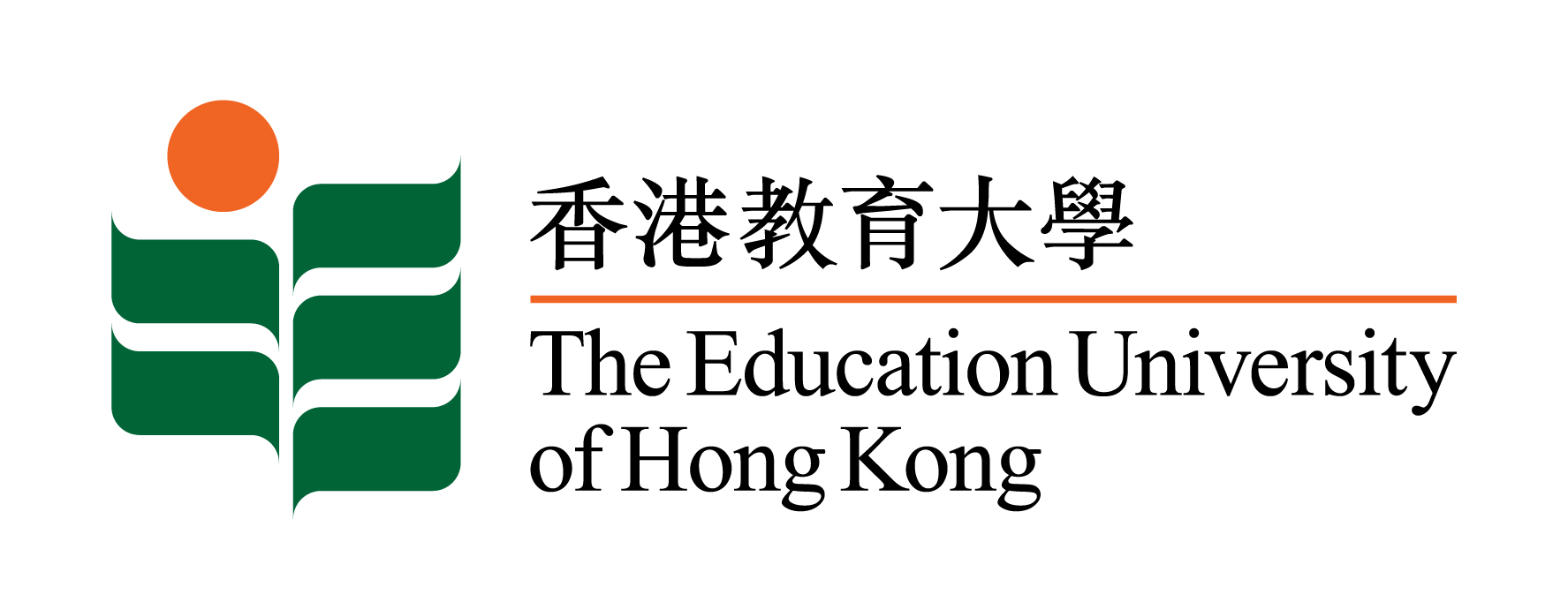AI for education and technology for enhanced learning in marginalized communities discussed in thematic seminars and workshops
Prof Paul Kim focuses on technology integration in learning, with special attention to under-resourced communities.
Professor Paul Kim, Director of the Center for Future Education at Beanstalk Education Group and Former Chief Technology Officer and Associate Dean of Stanford University’s Graduate School of Education, delivered two seminars and two workshops related to Artificial Intelligence and future learning in marginalized communities.
The seminar on artificial intelligence, “New Learner Competencies in the Age of Artificial Intelligence,” was followed by a workshop on hands-on design thinking with ASK.SMILE: leveraging AI to gamify learning on November 4, 2024. The sessions focusing on future learning in marginalized communities were held on November 5. The future learning seminar, “Designing Journeys to Better Understand Learners in Marginalized Communities Worldwide,” was followed by a workshop on designing future learning spaces with ROSE: Remote STEM Experiments.
Based on the adoption of AI, Prof Kim developed the Entrepreneurs-in-Residence Programme, inviting company leaders to share their experiences with students. He also initiated the Digital Learning Challenges programme, focusing on educational technology. He emphasized the need for educational change based on individual students’ potential, advocating for experiential learning. He introduced the Participatory Design-Based Learning programme for English and coding, a Virtual Reality project for remote interviewing, and projects aligning with the Sustainable Development Goals (SDGs) to explore the relationship between AI and SDGs.
Recognizing the significance of AI in education, Prof Kim conducted a workshop on the same day to practice AI adoption in education. The workshop comprised five parts: topic discussion, Bloom's Taxonomy, ASK.SMILE, a board game, and feedback. Participants were divided into five groups, each playing two games centred on future building designs. The students developed twenty keywords and formulated questions based on them, organizing these questions into five hierarchies. AI then matched the questions with results, prompting reflection on AI's role in classroom learning.
The following day, November 5, Prof Kim delivered a seminar entitled “Designing Journeys to Better Understand Learners in Marginalized Communities Worldwide.” This seminar was designed to equip learners in under-resourced communities.
Prof Kim introduced the “ecosystem lens” model that applies technology to the field of education. In this model, value, pedagogy, and content are the three main components. Technology serves as an enabling agent that brings new possibilities to these components. Additionally, he introduced the program cohesion ratio (PCR) measurement tool, which can be applied to any educational model. This tool can evaluate the sustainability of educational projects based on various aspects such as theoretical applicability, structural integrity, and self-sustainability.
Prof Kim argued that science education should be applied to real-world scenarios and subsequently held a practical workshop on November 5. The workshop included educational simulations such as PhET and the Toys from Trash science project. PhET provides interactive, research-based science and mathematics simulations for educational purposes. The Toys from Trash science project teaches children from under-resourced communities how to create toys from recycled materials. The workshop proposed a remotely operated science experiment inspired by these educational experiences, adaptable to marginalized communities. Professor Kim’s seminars and workshops were well received by staff and students, who could positively reflect on the practical and inclusive use in education and beyond.



